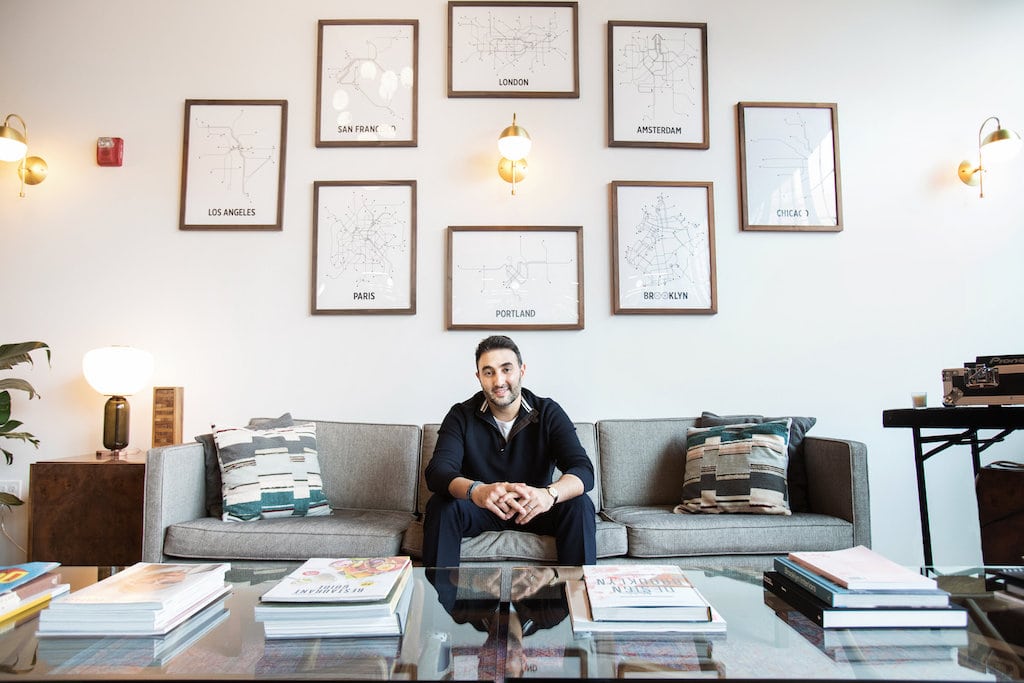A Boutique Hotelier's Perspective on Co-Working and the Future of Hospitality

Skift Take
The beauty of Ennismore's flagship brand, The Hoxton hotels, is how it distills what the original boutique hotel pioneers did, but makes it relevant to today's audiences on a more equitable, democratic scale. CEO Sharan Pasricha's approach to hospitality — an outsider's perspective, if you will — is equally refreshing.
If you're not all that familiar with The Hoxton hotels brand — and you happen to be based in the U.S. — don't worry. You should know it very well by year's end.
That's because the UK-based lifestyle hotel brand is planning to open three properties in the U.S. alone this year. The first is scheduled to open in Brooklyn this summer, followed by Portland, Oregon, and Downtown Los Angeles at the end of the year. A fourth is set to open in Chicago in 2019.
Hoxton hotels is the flagship brand of London-based hotel development company Ennismore, which was founded by Sharan Pasricha in 2011. It was in 2012 when Pasricha, a recent London Business School graduate with no previous hospitality experience and who had unsuccessfully attempted to buy Soho House, decided to take a chance. He bought a six-year-old boutique hotel located in the then very up-and-coming East London neighborhood of Shoreditch and following that first hotel, three other hotels have since opened in London, Amsterdam, and Paris.
In addition to focusing on growing The Hoxton hotels brand, Pasricha's company is also focused on its other properties and brands, which include the iconic and historic Gleneagles, and NoCo, a new stylish, budget-friendly brand, which is expected to open its first hotel in 2019. Hoxton has built a reputation for being both design-driven but also rather affordable. While the original Gleneagles resort in Scotland is still going strong, Ennismore also has plans to open two more Gleneagles-branded properties in Edinburgh and London.
Pasricha hinted, when we spoke to him, that Ennismore may soon launch its own co-working brand, too.
"We've got a bunch of office spaces to move into with our developments," Pasricha said. "In Chicago and potentially San Francisco and in London we've got office space with our hotels, so we're actively considering exploring, possibly, our own co-working brand."
Pasricha said, however, that he is still contemplating whether the "flexibility and ease" of co-working will be enough to ensure that it remains a "sustainable" business model. "You've got brands talking about a sense of community and fostering this sense of place amongst all the businesses working there," he said. "You know, some work, some don't work, but the reality is that people are buying into it because of the flexibility and ease."
And if Pasricha and his team were to launch a co-working brand, what might that look like, and would it evolve into more of a c
